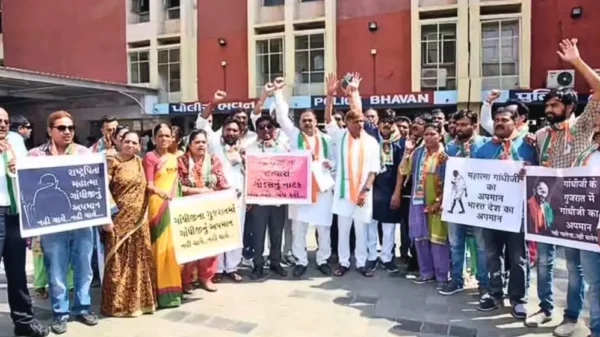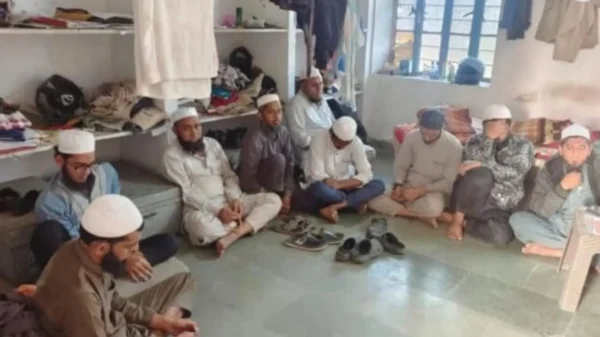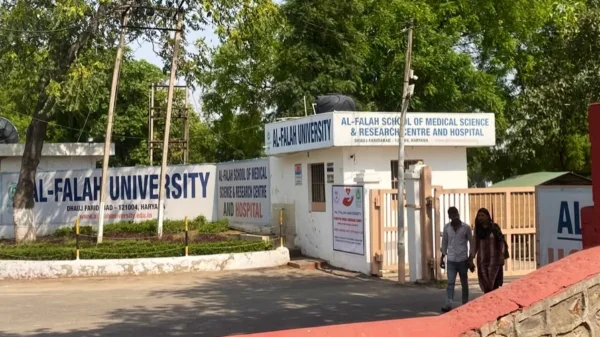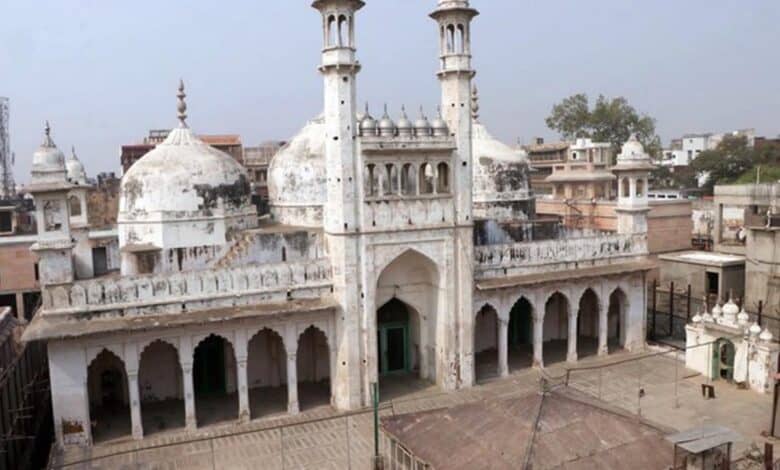The Allahabad High Court has ruled against the Muslim side, dismissing all five pleas challenging the maintainability of a civil suit pending in a Varanasi court. The suit aims to restore a temple at the site currently occupied by the Gyanvapi mosque.
Justice Rohit Ranjan Agarwal reserved judgment on December 8, 2023, after hearing arguments from both petitioners and respondents. The Anjuman Intezamia Masajid Committee (AIMC), responsible for managing the Gyanvapi mosque near the Kashi Vishwanath temple, contested the validity of the lawsuit, which seeks the restoration of a temple at the mosque’s location.
The primary contention revolves around the belief of Hindu petitioners that the Gyanvapi mosque is an integral part of the temple. However, the AIMC and the Uttar Pradesh Sunni Central Waqf Board argue that the suit is prohibited by the Places of Worship Act (Special Provisions) Act of 1991. This act restricts alterations to the character of religious places as they existed on August 15, 1947.
In response to the court’s decision, a representative of the AIMC stated, “We are disappointed with the verdict. Our stance is based on the protection provided by the Places of Worship Act, which safeguards the character of religious places as of 1947.”
The Uttar Pradesh Sunni Central Waqf Board also expressed dissatisfaction, saying, “We believe this decision sets a concerning precedent. The Places of Worship Act was enacted to maintain the status quo of religious places, and we are evaluating our options.”
The Hindu claimants argue that the mosque is an integral part of the temple. Conversely, the Anjuman Intezamia Masajid Committee and the UP Sunni Central Waqf Board assert that the lawsuit violates the 1991 Places of Worship Act, which prohibits altering the character of religious sites as they existed on August 15, 1947.































































